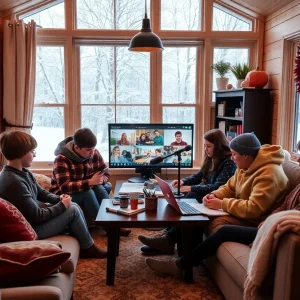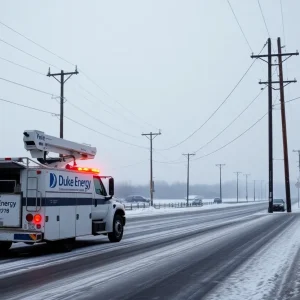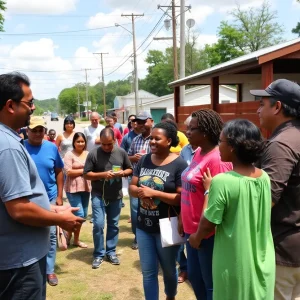Chapin, SC Considering $240 Million School Bond Referendum
Chapin, SC – The Lexington-Richland Five school board is getting ready to make a significant decision that could impact local schools. They are thinking about placing a $240 million bond referendum on the ballot this November. This comes after many discussions over the past year about how to handle overcrowding and various issues in the school facilities in the area.
If approved by the school board, this bond would help fund much-needed improvements in the district. The funds would be used to tackle serious overcrowding, upgrade school security, and remodel existing classrooms. Superintendent Akil Ross mentioned that even if the bond isn’t approved, plans will still move forward to address these challenges, albeit with fewer resources.
What Would the Bond Fund?
The bond would prioritize security updates, focusing on creating secure entrances at 12 schools and upgrading security cameras across the district. Additionally, plans include building a new Dutch Fork Elementary School and renovating the current campus to create the Richlex Education Center, which would host various educational programs.
Other proposed projects funded by the bond could include renovations at several elementary and middle schools, the construction of new classroom wings, and the development of special facilities such as a digital lab and a small business incubator at high schools. There’s even a plan for a fine arts center auditorium at Chapin High.
Concerns and Alternatives
Some board members have raised questions about whether these plans are enough to relieve the overcrowding at Chapin High School. Concerns focus on whether moving students to a new Spring Hill High would be a sufficient solution since it doesn’t offer many of the typical high school programs.
In the case that voters do not approve the bond, the district anticipates that necessary repairs will still be made, but on a much smaller scale. The superintendent noted that a failure of the bond would mean a more disruptive rezoning and might lead to significant adjustments for students and schools.
Engaging the Community
As the issue is placed in front of the school board on May 20, community engagement is vital. Board Chair Rebecca Blackburn Hines emphasized that there will be some form of rezoning, but if the community supports the bond, it could limit the number of families affected. The board hopes to provide a clear explanation of both the needs and the benefits of the bond to encourage support among local families.
The decision will ultimately be in the hands of voters if approved, and district leaders are keen to communicate that needed improvements can happen without raising property tax rates.


























